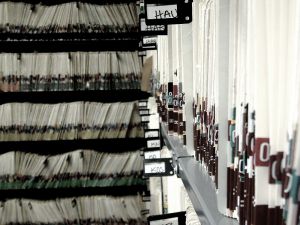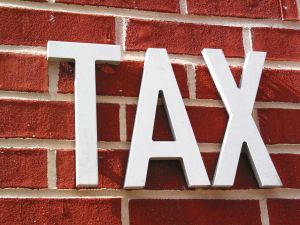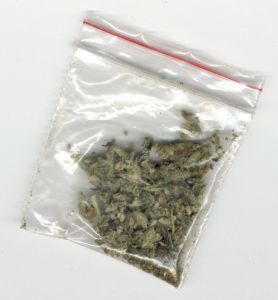San Jose Medical marijuana Dispensaries Face Even Tough Restrictions from City Council
Early last week, a divided City Council tentatively approved sharper limits on where medical marijuana shops in San Jose can operate, restricting them largely to certain industrial and commercial zones, according to Mercury News.
The council, that has been struggling with the issue for more than a year now, didn’t rally behind the efforts of Mayor Chuck Reed to shut down more than 90 percent of the city’s marijuana clubs by capping their number at 10.

San Jose, currently housing the largest concentration of shops in Northern California, has allowed at least 100 medical marijuana establishments to open in recent years.
The San Jose Police Department and city attorney insist that no one is operating under current laws. As officials continue to reduce the number of shops in San Jose, the question most wonder about is how many will be allowed to stay and how will the city will decide which ones make the cut.
The city clerk’s handling of the medical marijuana ordinance has been nearly as disastrous as the council’s. Our Los Angeles medical marijuana defense lawyers currently represent more than a dozen dispensaries and collectives in San Jose and the surrounding area. We recommend fighting for your rights. The judge has already rejected criminal penalties for dispensaries that remain open — while you may be subjected to a civil lawsuit, we see forced closure as the ultimate civil penalty anyway. Those dispensaries that are fighting for their rights are enjoying the best chances for success.
“Realistically, the city cannot close up shops right away,” said 7th District Councilmember Marti Emerald, who seconded the motion by 3rd District Councilmember Todd Gloria to pass the ordinance. “As of today, our zoning laws do not allow for collectives,” said Gloria. “This is certainly more restrictive than I like.”
Officials would like to reiterate that the ordinance was not a ban, and said there are industrial areas in every single district where dispensaries could be located as long as they’re located at least 600 feet away from schools, libraries, parks, and churches, according to LGTB Weekly.
The new restrictions of the medical marijuana ordinance may cause a lot of businesses to close up shop, at least temporarily. The ordinance will take effect in roughly three weeks, and the council’s vote was the official second reading to make it official. Medical marijuana collectives are also required now to operate as nonprofits and they are required to have some sort of security system in their establishment. They are allowed to operate between 7 a.m. to 9 p.m. any preferred days of the week. Lastly, the ordinance allows patients with a state identification card to possess no more than one-pound of pot. Patients are also allowed to grow 24 marijuana plants, all depending on their doctor’s recommendation.
The debate in San Jose comes as other major California cities search for an effective way to evenly and fairly regulate a marijuana boom that caught them off guard. U.S. authorities had lit the fuse, in 2009, when they announced that they would stop busting medical marijuana providers who abide by their states’ laws.
California was the very first state to legalize medical marijuana even though the drug is still illegal under federal law. In November, San Jose voters approved the taxing of marijuana businesses, and city officials began imposing a 7 percent tax in March.
Officials in Los Angeles, San Diego and the surrounding areas have been struggling to enforce limitations on the number of dispensaries. According to the California Police Chiefs Association, 228 cities and counties have banned already marijuana dispensaries and 98 have passed moratoriums on new ones. They add that 42 cities have marijuana ordinances. Oakland’s ordinance allows only four marijuana dispensaries, while Santa Cruz allows only two, according to the LA Times.
Continue reading
 Cannabis Law Group's Medical Marijuana Legal Blog
Cannabis Law Group's Medical Marijuana Legal Blog











